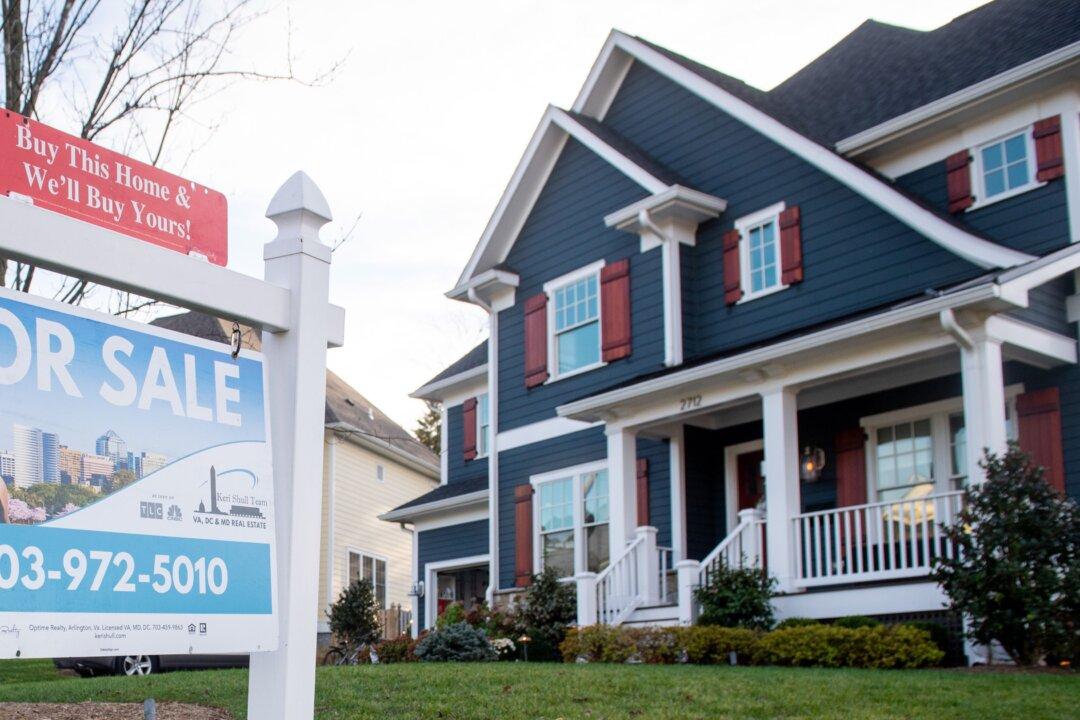According to a new poll from Gallup released May 4, less than a third of Americans believe it is a good time to buy a house due to high interest rates, supply chain problems, and climbing inflation.
Gallup’s annual Economy and Personal Finance poll was conducted April 1–19, coinciding with the median sale price of U.S. homes reaching a record $428,000 and mortgage interest rates rising to their highest levels in over a decade.





